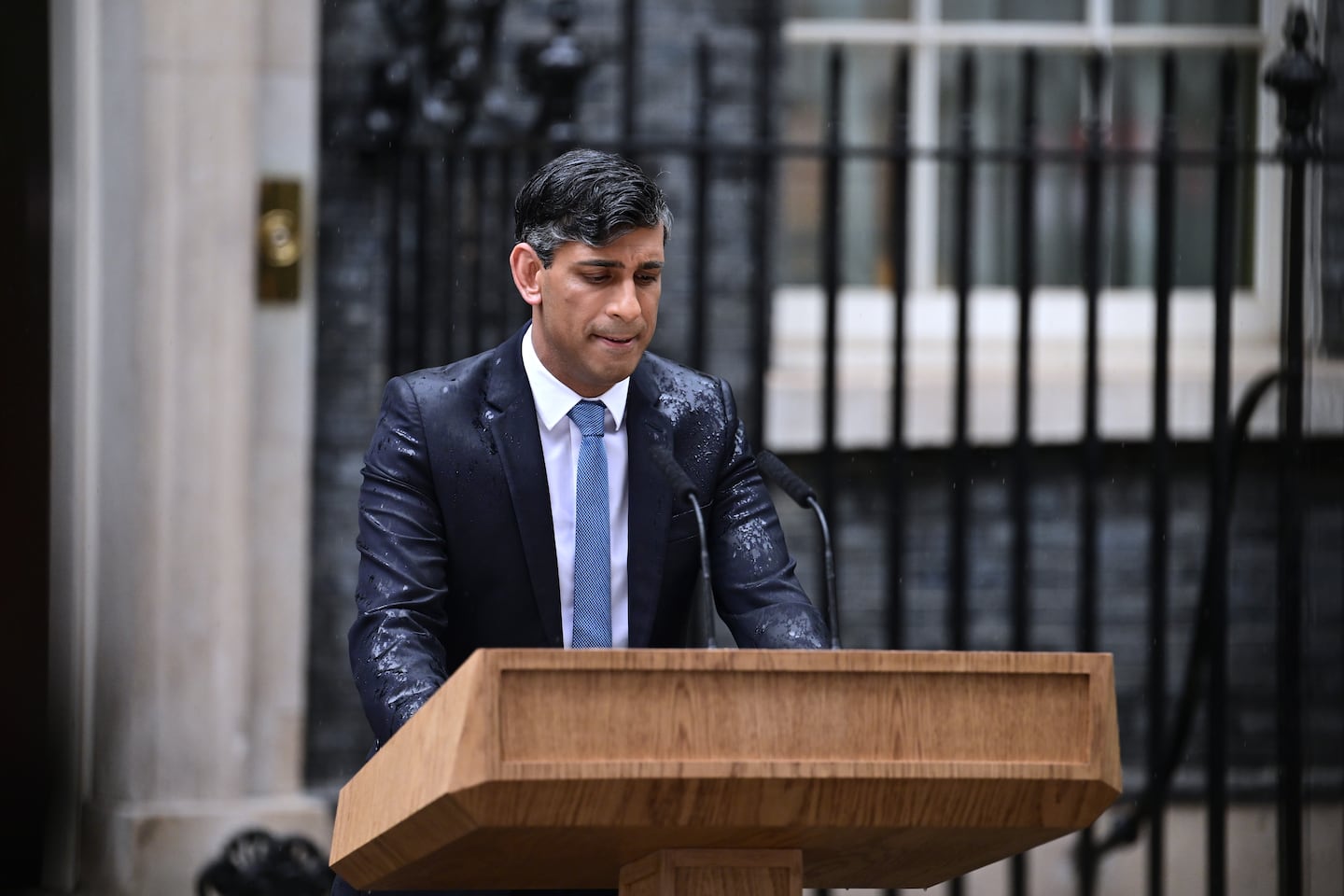- The UK’s upcoming general election will delay crypto regulation, industry insiders fear.
- Prime Minister Rishi Sunak had pledged to make the nation a crypto hub.
- Labour's stance on crypto is unclear.
Just when the UK was poised to move on new crypto legislation, comes a surprise — a snap election.
Now that Conservative Prime Minister Rishi Sunak called a general election on July 4, crypto leaders are resigned to an unforeseen delay in laws that are designed to stoke blockchain technology startups in Britain.
Ian Taylor, board adviser to trade body CryptoUK, told DL News the development will probably delay long-sought legislation for crypto companies by at least six months.
Even worse, the delay comes as competitors — the European Union, Dubai, Hong Kong, and even the US — are accelerating their rollout of rules and regulations for a burgeoning industry that is going mainstream.
“It’s net negative, really, because we are laggards,” Taylor said. “We’re behind the rest of Europe firstly, and then other jurisdictions in Asia and the Middle East.”
Crypto hub
To be sure, the long-term growth of the crypto industry in a nation powered by a global financial centre, ample investment capital, and durable entrepreneurial class shouldn’t be derailed by an election cycle.
“Both parties have committed to language around making the UK a hub for digital financial services,” Isabella Chase, senior policy adviser at crypto sleuthing firm TRM Labs, told DL News.
Yet in the short-term, existing legislation for crypto companies in lawmakers’ pipeline may be stalled.
Zooming out, the regulatory narrative in the industry has been upended in the last month.
In the US, which crypto leaders have long decried as a litigious mess, there is suddenly a dose of clarity as Congress acts on sweeping crypto legislation. Moreover, crypto has become something of a hot-button issue in the 2024 presidential contest.
Donald Trump, the presumptive Republican Party nominee, has discovered his inner Bitcoin bro. And President Joe Biden, the Democrat running for a second term, is confronting some thorny political questions as Congress gets busy on crypto.
Meanwhile, across the English Channel the European Union is moving forward with a raft of crypto and blockchain regulatory changes, including MiCA, the landmark regulatory regime.
Back in Britain, the political state of play has been muddied.

Sunak pledged to make the UK a global hub for crypto asset technology in 2022. But the Labour Party, which is leading the Tories by 21 percentage points in the polls, has yet to lay out a detailed crypto policy.
Entrepreneurs and investors in the UK’s crypto scene must now adjust to the strong likelihood a new government will be in place in six weeks with little affinity for their industry.
‘We are still waiting to see Labour’s full plans for the industry.’
— George McDonagh, KR1
“We are still waiting to see Labour’s full plans for the industry,” George McDonagh, co-founder of digital assets investor KR1, told DL News.
Still, there are some clues.
In January, Rachel Reeves, who is expected to become Chancellor of the Exchequer should Labour win on July 4, said there is a need to embrace innovation, including tokenisation of securities and a central bank digital currency.
“But nothing about crypto,” Taylor said.
Any hope that Sunak would pull off an upset and maintain continuity in crypto policy appeared to wash away on Wednesday.
Making his election announcement in pouring rain outside No. 10 Downing Street, Sunak was drowned out by a protester blasting a Labour Party anthem from nearby loudspeakers.
Hardly desirable optics for a prime minister who’s trailed the opposition in the polls for months.
Industry ally
Sunak’s government has positioned itself as an ally to the industry. His ministers have urged regulators not to undermine crypto companies by stifling innovation and enforcing rules too strictly.
Industry observers had also expected to see the government’s rollout of finalised regulations for the industry — including rules for crypto issuance, exchange, investment, custody, and lending — come to fruition in 2024 alongside new rules for stablecoins.
The agenda has now had to hit the breaks.
“That will put companies off coming to the UK, insofar as founders, companies setting up like to have clarity,” Taylor said.
“They like to be able to know what they’re doing and be able to plan for the future,” he continued. “If it’s going to take longer than, say, going to another jurisdiction that already has some legislation in place, then I see that as a problem.”
Inbar Preiss is a Regulation Correspondent at DL News. Eric Johansson is DL News’ News Editor. Got a tip? Email them at inbar@dlnews.com and eric@dlnews.com.
